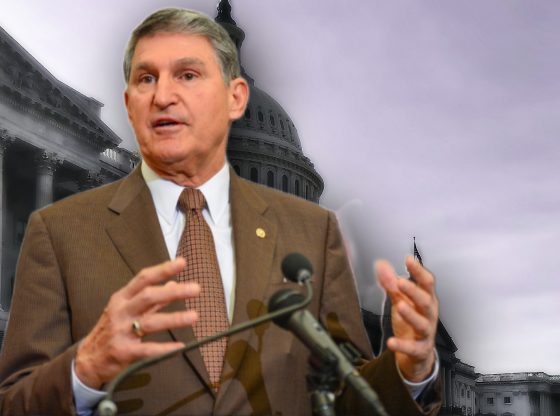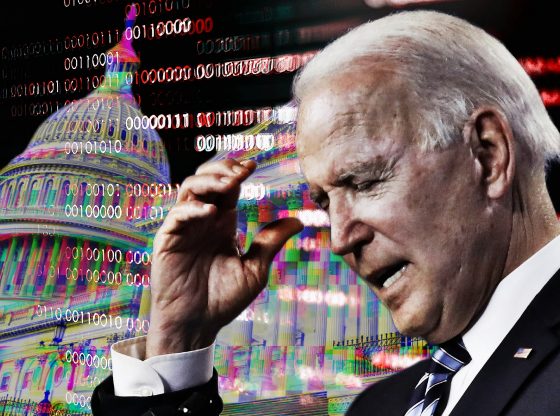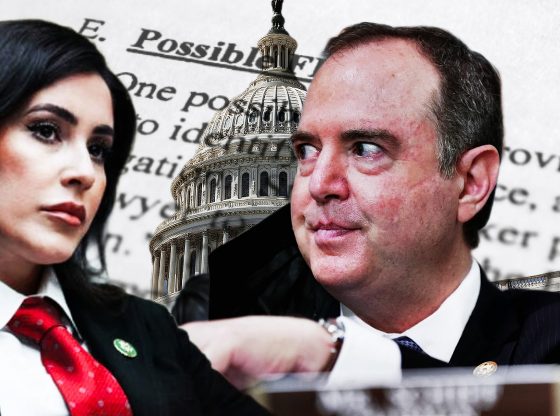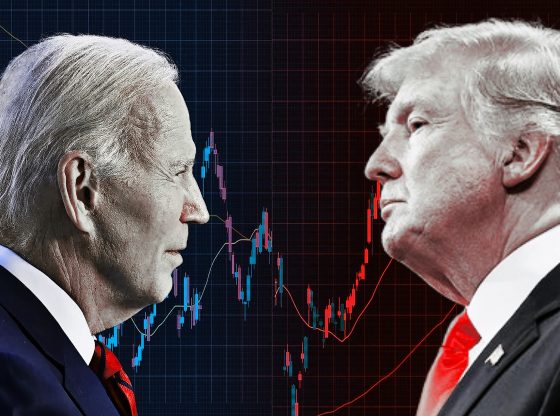The Trump administration’s defense budget for 2021 continues to heal the cuts made to the U.S. Armed Forces during the Obama administration.
Despite being painted as a Putin appeaser by his rivals, Trump’s budget recognizes the reality of the Russian threat to America.
Eli Lake, writing for Bloomberg, explains:
Trump’s defense budget for 2021 bolsters such hawkish policies toward Russia. The new budget requests $28.9 billion for the Pentagon to modernize nuclear delivery systems and $19.8 billion for the National Nuclear Security Administration to modernize the nation’s nuclear stockpile.
It’s true that modernizing the nuclear force has been a neglected priority for more than a decade. A 2017 Congressional Budget Office study laid out a series of cost scenarios for replacing elements of the three main delivery systems for nuclear weapons (missiles, bombers and submarines), many of which were designed and built decades ago. It estimated the cost of planned modernization to be as much as $400 billion through 2046. It’s also true that America’s nuclear umbrella deters China as well as Russia, and reassures allies not to pursue their own nuclear weapons programs.
That said, Russia has the most to lose from a refurbished American atomic arsenal. For starters, a revamped U.S. nuclear deterrent could force Russia to rethink some of its military doctrine. Since 2000, Russian strategists have floated the idea of a limited nuclear strike against an adversary to deter a conventional response from America and its NATO allies. Sometimes known as “Escalate to De-escalate,” this change in Russia’s military doctrine was one reason why America’s nuclear posture review in 2018 recommended the development of tactical nuclear weapons — such as a nuclear cruise missile — intended to complicate Putin’s own calculations in a potential conflict with the U.S. or its allies.
Russia also loses because of the potential cost of an arms race. Despite America’s debt and budget restraints, the U.S. remains a much larger economy than Russia, which is a declining power. As the Reagan administration proved with the larger Soviet Union, Washington has the ability to outspend Moscow when it comes to strategic weapons.
The White House has also not shied away from confronting Putin’s interests abroad. That includes everything from President Trump overseeing two military strikes against Russian-allied Syrian Armed Forces to the State Department lobbying the international community to recognize Juan Guaidó as Venezuela’s legitimate president.













